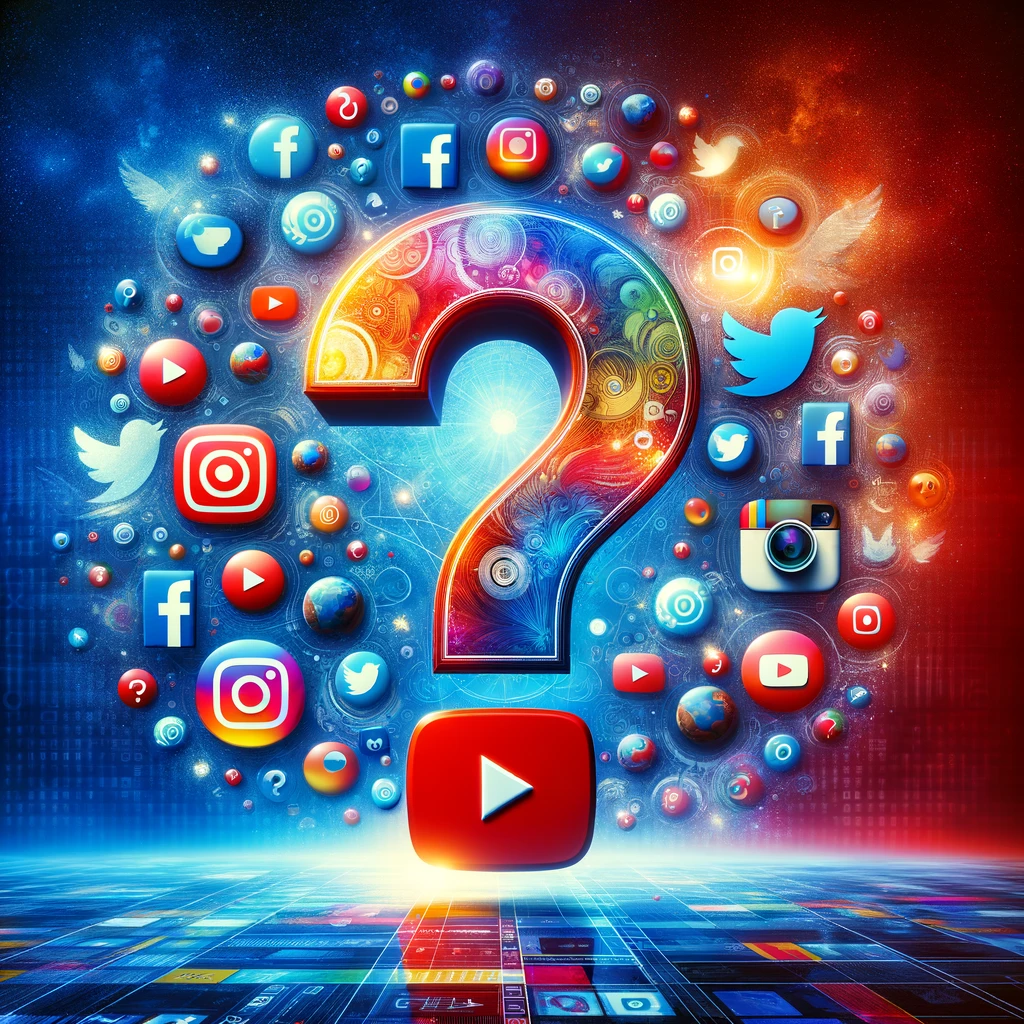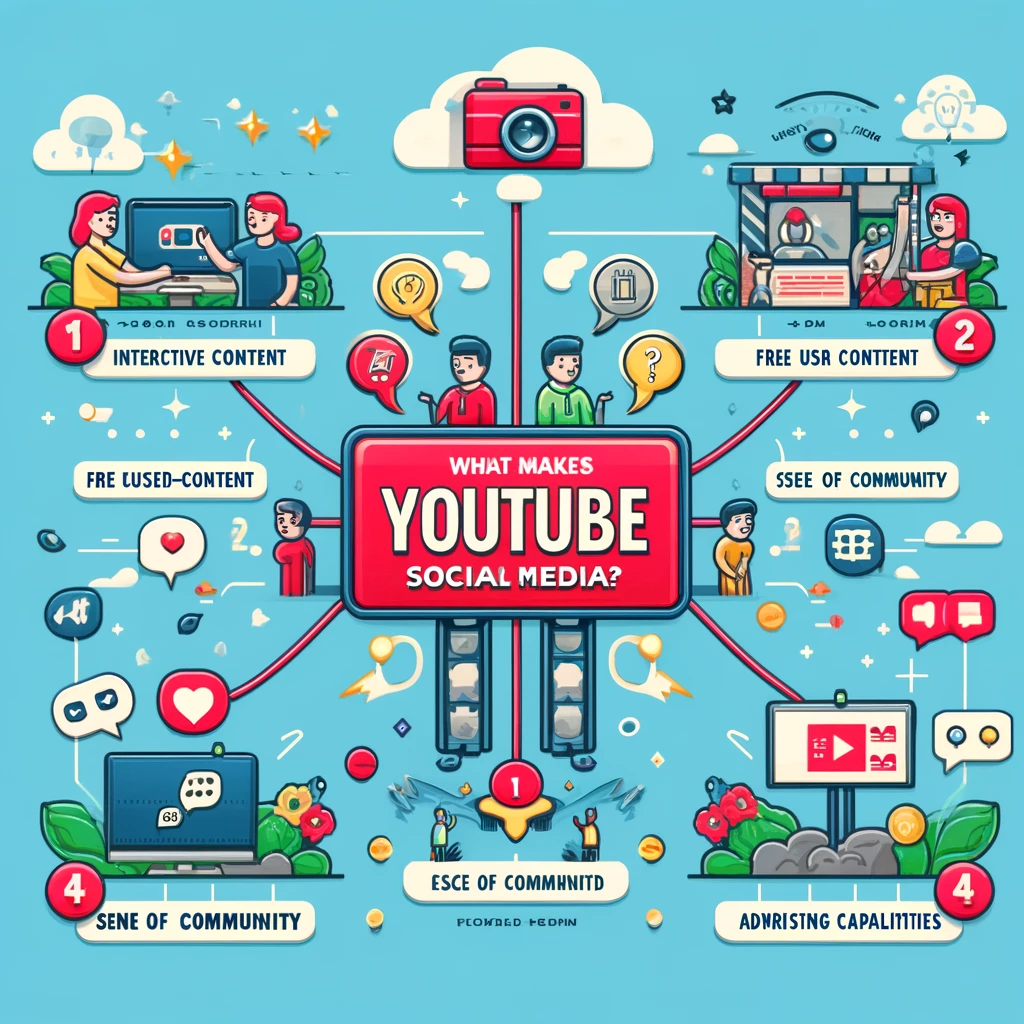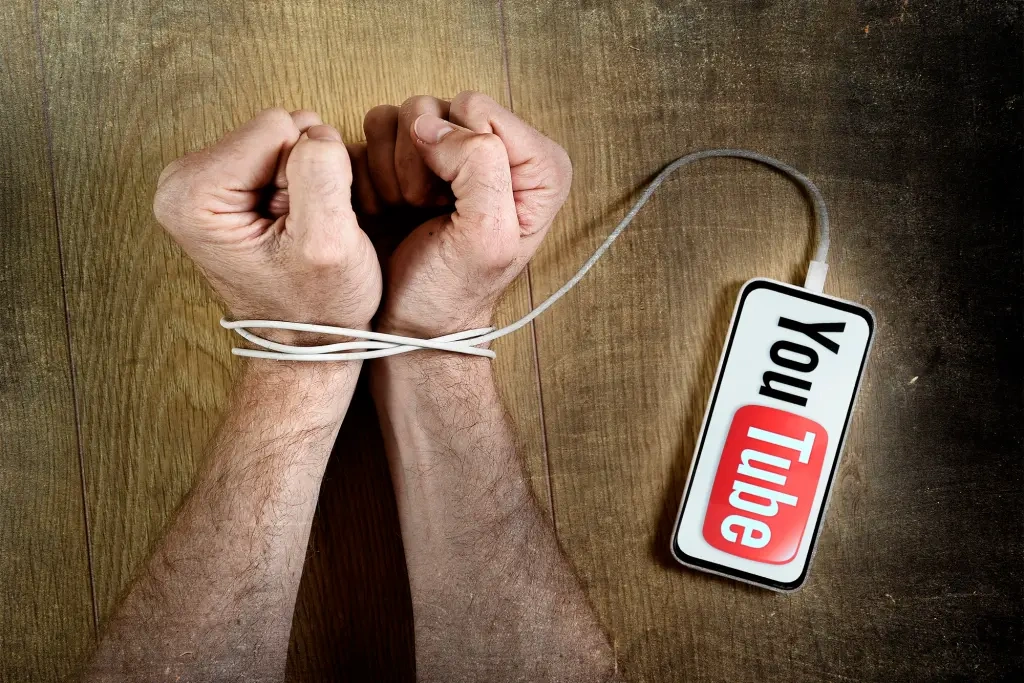Is YouTube Social Media?
Yes, YouTube is social media. The research shows that YouTube has several key characteristics that define it as a social media platform:
YouTube is the largest user-driven video content provider in the world and has become a major platform for disseminating multimedia information. A major contribution to its success comes from the user-to-user social experience. that differentiates it from traditional content broadcasters.
The YouTube platform exhibits many of the same network characteristics as other prominent social media platforms like Twitter, such as a lack of homophily, reciprocative linking, and assortativity. This suggests YouTube functions similarly to a social network, with users interacting and engaging with content and each other.
Furthermore, research has found a strong correlation between a YouTube user's social popularity (i.e. number of subscribers) and the popularity of their most viewed content, indicating the social nature of the platform. YouTube also allows users to comment, like, and share videos, which are core social media features.
While YouTube may differ in some ways from more traditional social media platforms focused on text-based sharing and discussion, the evidence clearly shows it has evolved into a [major social media platform centered around user-generated video content. The [high levels of teen usage and engagement on YouTube further support its classification as a leading social media platform.
In summary, the research demonstrates that YouTube exhibits the key characteristics of a social media platform, including user-driven content, social networking features, and high levels of user engagement and interaction.
What Makes YouTube Social Media?
Now that we've answered the question "is YouTube considered social media," let's dive into what qualifies YouTube to fit that definition:
1. Interactive Content
On the YouTube social media platform, you can interact with content. YouTube allows users to like and comment on content on the platform. People can have conversations about video content within the comments section. This ability to interact with content is like other social media platforms, like Facebook and Instagram. You can comment on and like or react to content people post on those platforms. Similar to social media networks, when you post on YouTube matters, too. Additionally, YouTube enables you to subscribe to a person's channel. When you subscribe to their channel, you get updates and notifications when they post new content. This behavior is similar to following someone on Facebook or Twitter, where you see updates from companies in your feed. Due to these features, YouTube is social media.
2. Free User-Generated Content
Is YouTube considered social media? Yes, if you look at the user-generated content aspect. Social media platforms consist of content that the users make on the platform. Whether those users are businesses, celebrities, or your average Joe, user-generated content powers the platform. On YouTube, people create and share video content with other users. People post their how-to videos, recipes, and humorous videos for everyone to see. And all this content is free to view. As a result, YouTube qualifies as social media because it allows users to share free content with one another.
3. Sense of Community
The YouTube social media platform, like other social platforms, offers a sense of community. Social media platforms enable people to connect with one another, have conversations, and foster communities. Platforms like Facebook, for example, have groups people can join to talk with people who have similar interests. In addition, platforms like TikTok and Instagram have influencers that help build community. On YouTube, the same follows true. YouTube has hundreds of influencers that build communities where people with similar interests can connect.
4. Advertising Capabilities
Similar to other social media platforms, YouTube offers advertising capabilities that allow businesses to reach their target audiences. Businesses can run ads on YouTube videos, sponsor influencers, and leverage YouTube's targeting capabilities to promote their products and services. This advertising functionality is a key characteristic of social media platforms.
Conclusion
In conclusion, the research clearly shows that YouTube exhibits the core characteristics of a social media platform, including user-generated content, social interaction features, community building, and advertising capabilities. While it may differ in some ways from text-based social networks, the evidence supports classifying YouTube as a leading social media platform.









